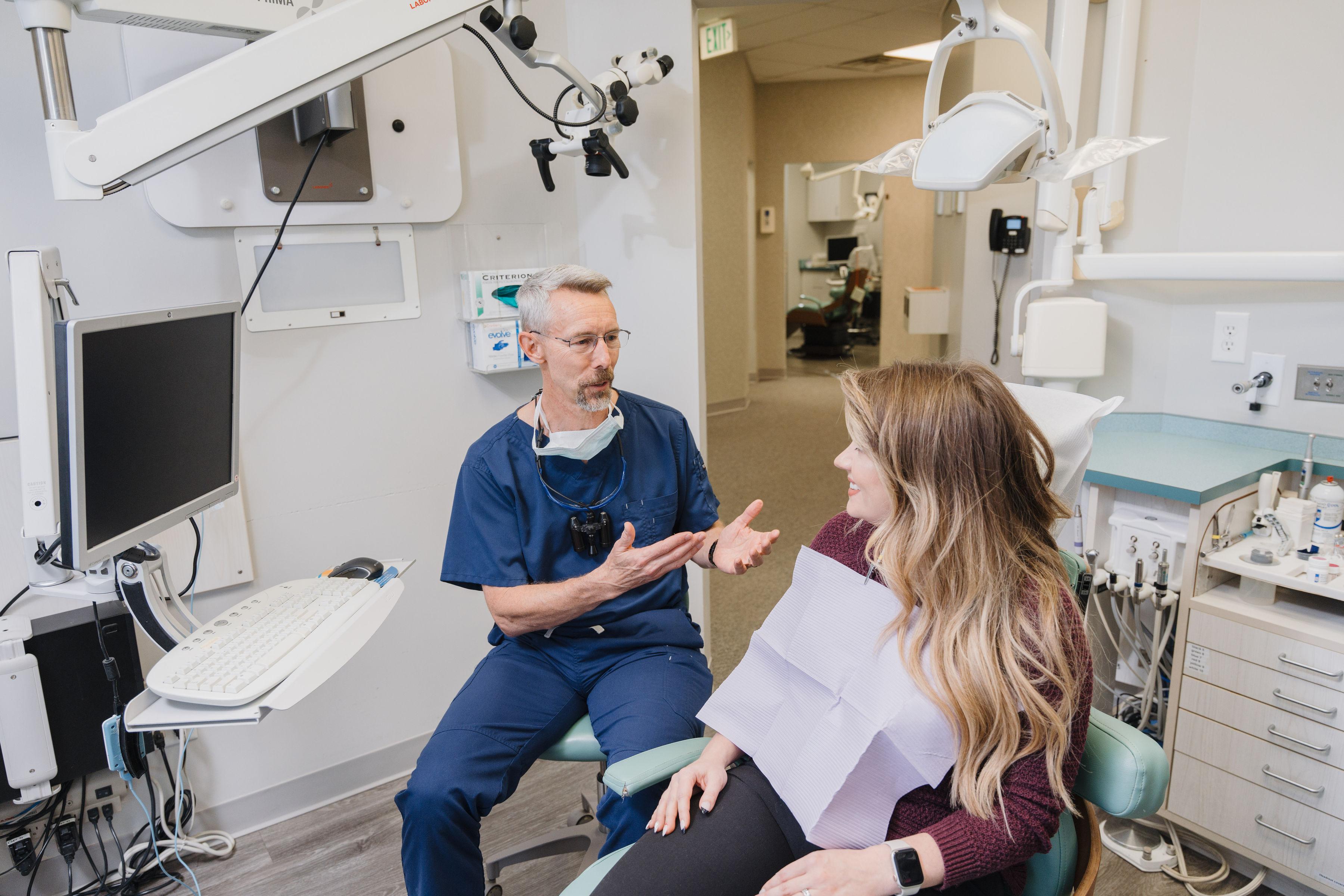What is Sedation Dentistry?
Sedation dentistry refers to the use of sedative medications or techniques to help patients feel relaxed, calm, and comfortable during dental procedures. It is an approach used to alleviate dental anxiety and fear, as well as to manage pain and discomfort for patients who may have a low pain threshold, a sensitive gag reflex, or difficulty sitting still for extended periods.
The sedation methods used in dentistry can vary in intensity, ranging from mild sedation to deep sedation or general anesthesia. Here are some common types of sedation used in dentistry:
Nitrous Oxide (Laughing Gas)
Nitrous oxide, commonly known as laughing gas, is administered through a mask placed over the nose. It induces a relaxed and euphoric state while allowing the patient to remain conscious and responsive. The effects wear off quickly after the gas is discontinued.
Oral Sedation
Oral sedation involves the administration of a prescribed medication in pill form before the dental procedure. This medication, typically a benzodiazepine, helps reduce anxiety and induces a drowsy and relaxed state. The patient may feel groggy and may not remember much of the procedure.
This option requires that a friend or family member drive you home from your visit.
General Anesthesia
General anesthesia involves the use of medications that render the patient completely unconscious and unaware during the dental procedure. It is typically administered by an anesthesiologist, and the patient is closely monitored throughout the procedure.
This option requires that a friend or family member drive you home from your visit.
At Indianapolis Endodontics, the choice of sedation level is tailored to each patient's unique requirements, the complexity of the dental procedure, and the expertise of our skilled endodontists. Our sedation dentistry approach strives to provide a relaxed and anxiety-free dental experience, ultimately fostering improved oral health. By offering sedation options, we empower patients to comfortably receive the essential dental care they may have otherwise avoided due to fear or anxiety. We encourage individuals to consult with our qualified dentists to determine the most suitable sedation option for their specific case.
